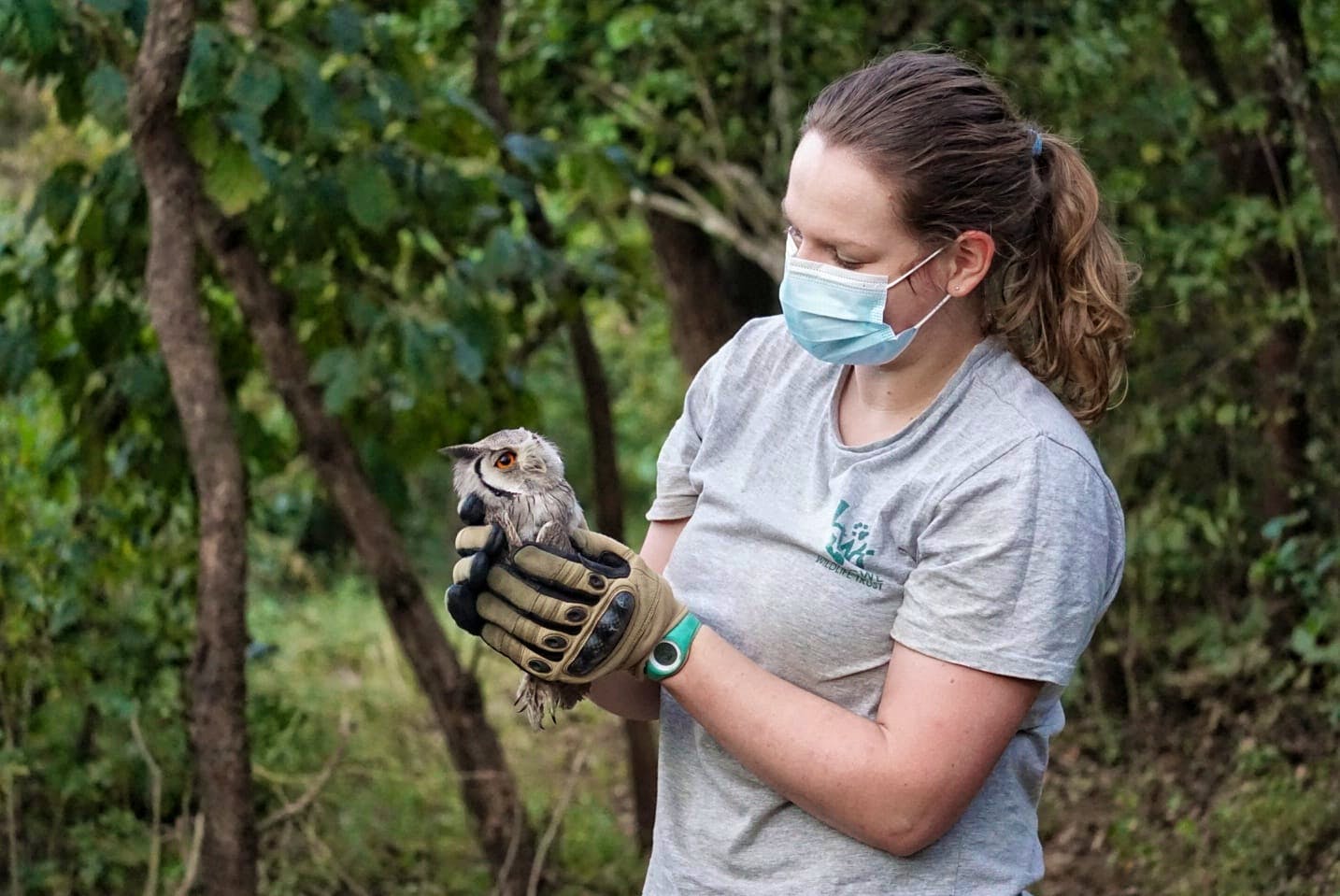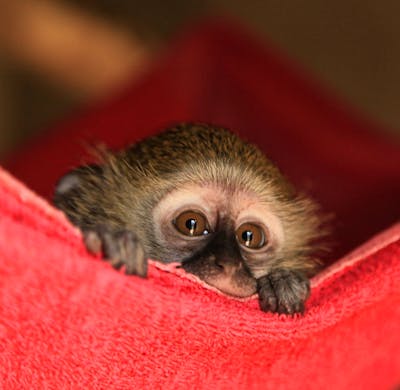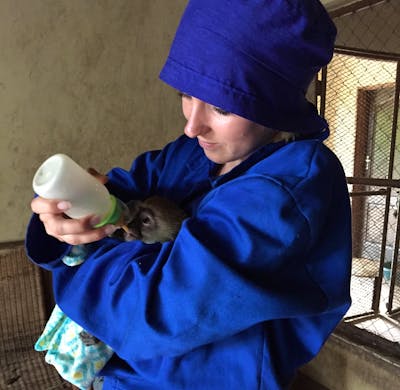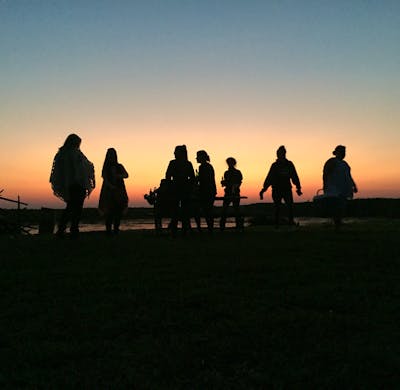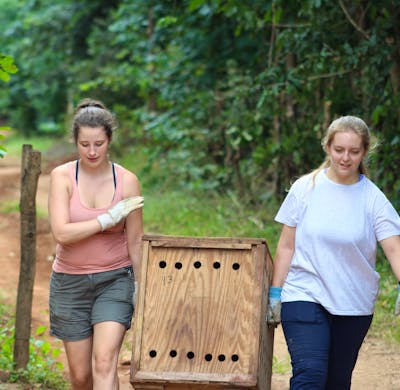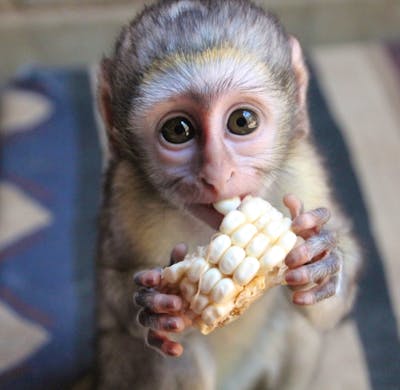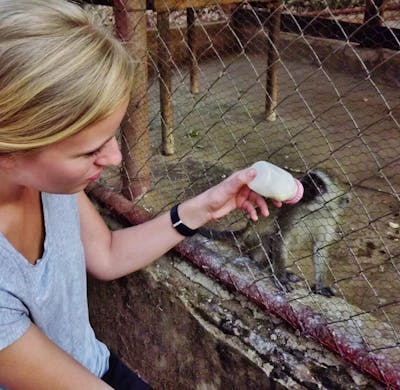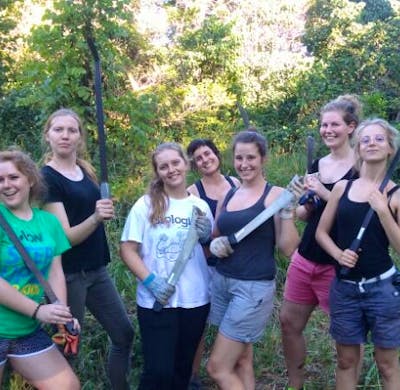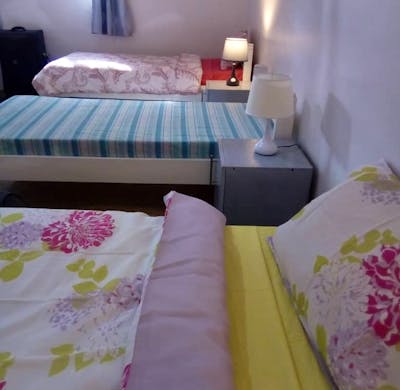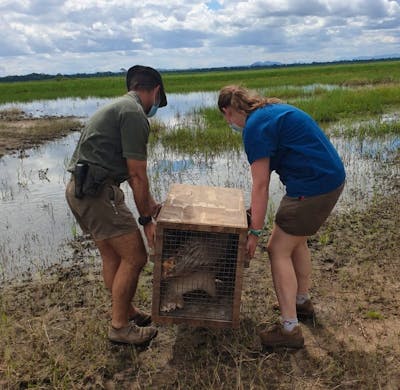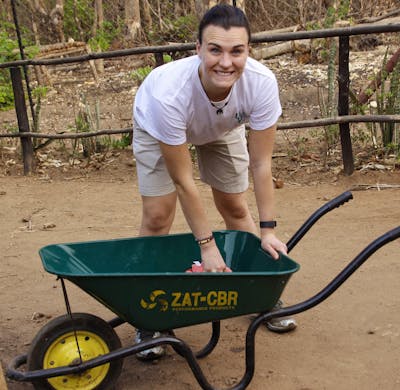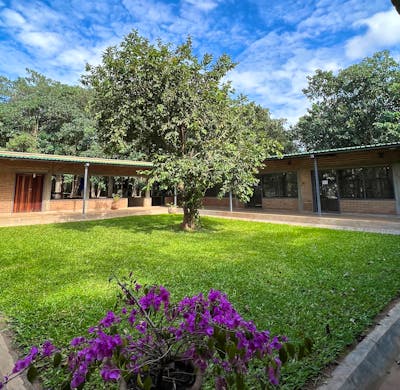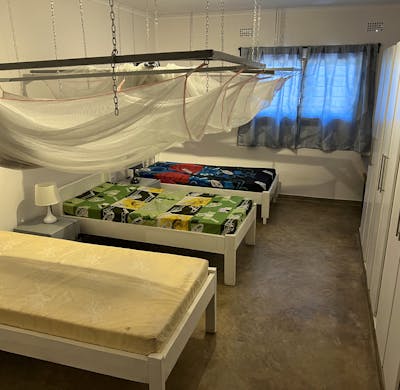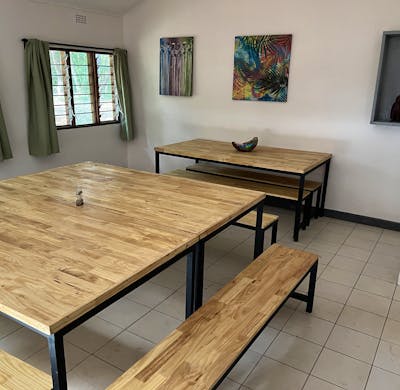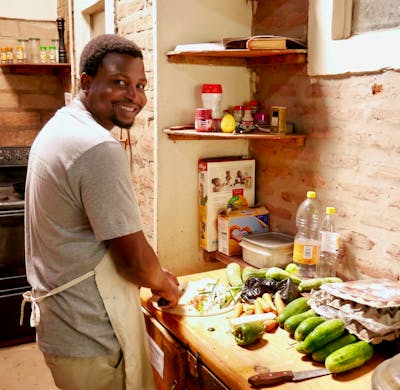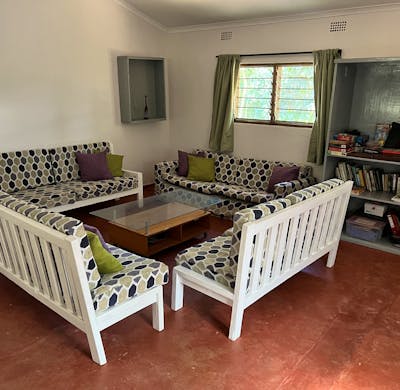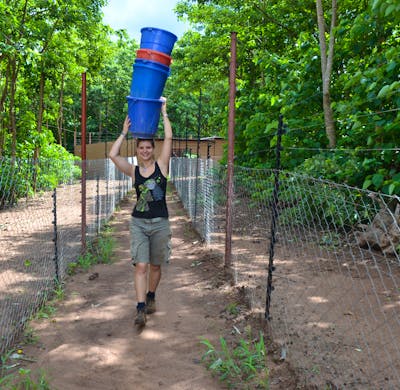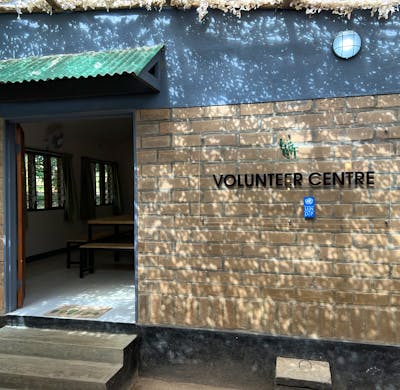from 1,685€
Wildlife Sanctuary Rescue and Rehabilitation
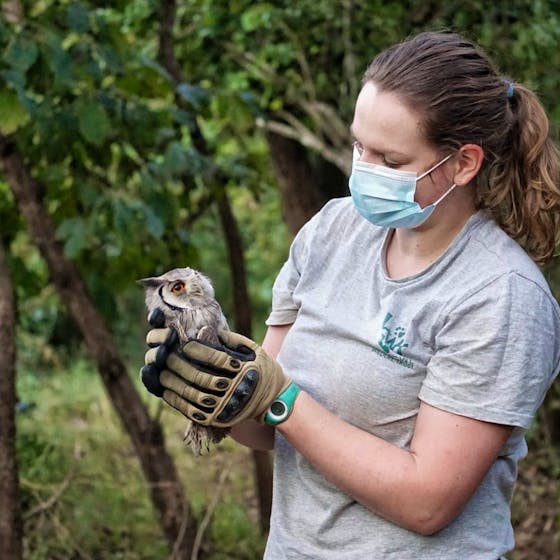

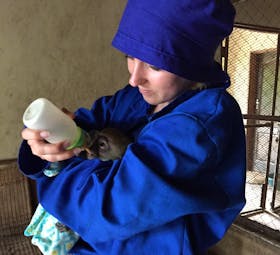
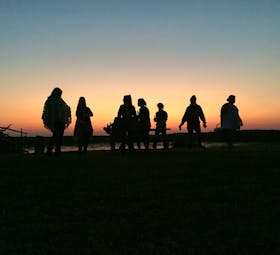
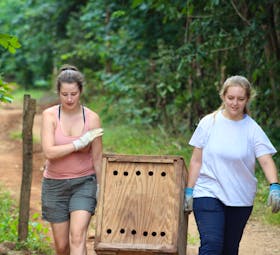
Highlights
- Gain unique experience caring for wildllife and the chance to look after orphan monkeys at an award-winning wildlife sanctuary.
- Support a high-impact organisation working hard to protect Malawi's wildlife and combat wildlife crime.
- Learn about wildlife rehabilitation and conservation and take part in rescues and releases when they occur.
- Work alongside some of the best names in their field, including primate experts and Malawi's top wildlife vet.
- Explore the 'Warm Heart of Africa' with game drives in Liwonde National Park, snorkelling or diving in Lake Malawi, horseback riding at Kande Beach, and cycling in Kuti Wildlife Reserve.
Especially suitable
About the program
We are looking for dedicated and passionate volunteers to help us care for and rehabilitate the wildlife that come through our door.
About the Project
Lilongwe Wildlife Centre is an award-winning project, reputed by PASA as one of Africa’s best sanctuaries, and houses almost 200 rescued wild animals, including carnivores, primates, reptiles and antelopes. Our animal releases are highly acclaimed and we can boast some of the ...
Typical day
The working day starts at 8am when you will join our Animal Care Team to prepare food for the animals and help with tasks around the sanctuary such as cleaning the enclosures, devising enrichment activities, assessing animal behaviour and dealing with new intakes. Our focus is always rehabilitation ...
Free-time activities
Being in the capital city has its perks: there are plenty of opportunities to head out with fellow volunteers for a meal, a drink, a spot of shopping at the local craft market or sample the city nightlife. With plenty of nearby lodges you can go swimming and chill out in the Malawian sun! And with ...
Requirements
What's Included
What's NOT included?
Details on arrival
Our arrivals and departures are on Tuesdays to minimise disruption to the daily functioning of the centre and so that all new volunteers receive detailed training and orientation.
Program fees
Meet your organization

Lilongwe Wildlife Trust
Non-profit - founded in 2007
Verified by Volunteer World
Coordinated by
Mercy
About the project
40 reviews ·  4.7
4.7
Location

You might also be interested in
-
Vervet Monkey
Giraffe Conservation
Lion Conservation
Monkeys
Projects Abroad
Best Volunteer Programs
Big 5
Adults
Group Volunteering
Animals in Africa
Global Volunteer Opportunities
Big Cats
Voluntouring
Mission Trips
Mission Trips to Africa
African Wildlife
Couples
50 Plus Volunteering
Volunteer Trips for College Students
